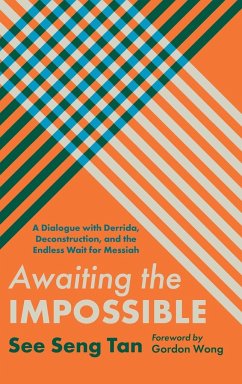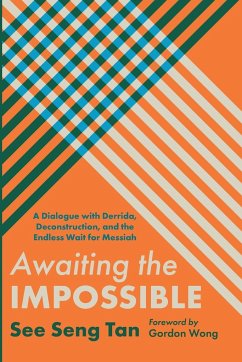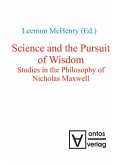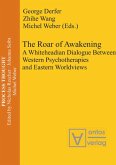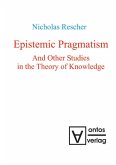This book dialogues with deconstruction's ""religion without religion"" and its implications for theology. In the view of many, deconstruction is a purely nihilistic force bent on the wanton destruction of long-held philosophical, religious, and moral traditions. However, this perspective ignores the fact that deconstruction--in the hands of its standard bearers like Jacques Derrida, John Caputo, and others--has all along been a religious exercise in demythologization. Furnishing a Christian rejoinder to deconstruction's claims about and objections to orthodox religion (and particularly to Christianity), the book addresses the following questions: How can deconstruction open a space for an affirmative faith to occur and be professed? Can deconstruction ever be hospitable toward Jesus of Nazareth as the Messiah for which it waits?
Hinweis: Dieser Artikel kann nur an eine deutsche Lieferadresse ausgeliefert werden.
Hinweis: Dieser Artikel kann nur an eine deutsche Lieferadresse ausgeliefert werden.

